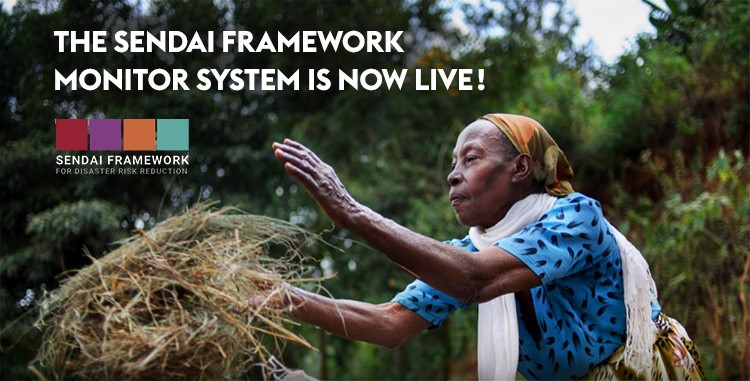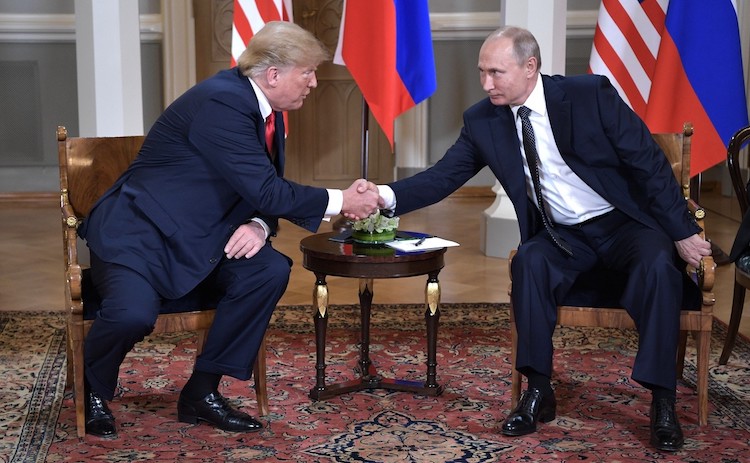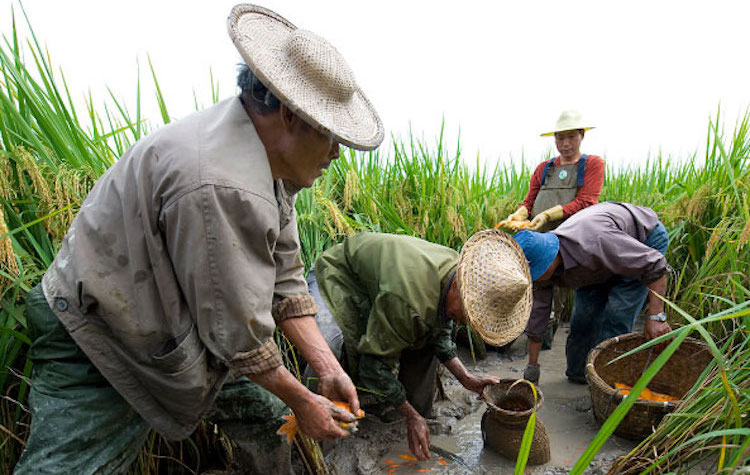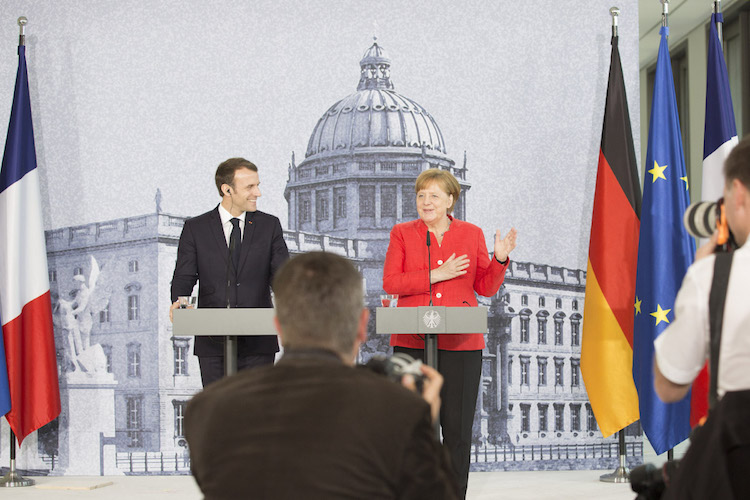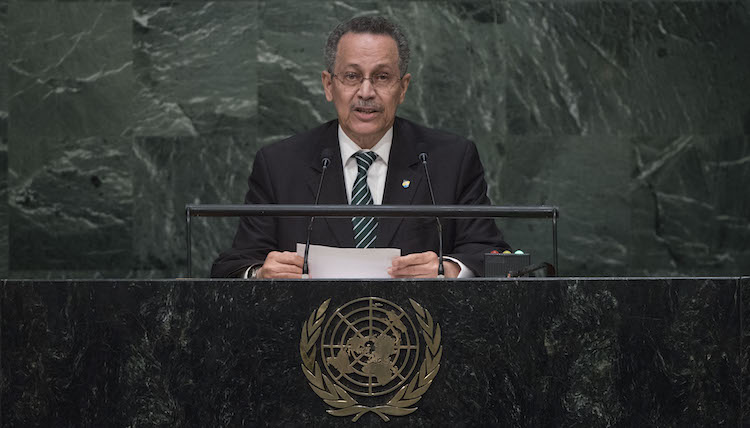Viewpoint by Fred Kuwornu* This article and the one which follows entitled ‘Humanitarian Hypocrisy Helps the Criminals Behind Migrant Embarkations’ by Roberto Massari deal with the phenomenon of human trafficking from an Italian point of view – Editor. NEW YORK (IDN) – The trafficking of human beings worldwide produces 150 billion dollars for the various […]
Reality Submerged by Myths on Immigration
Viewpoint by Roberto Savio The writer is publisher of Other News, an eminent proponent of “information that markets eliminate” and founder of IPS-Inter Press Service News Agency. This article is being reproduced courtesy of Other News with the writer’s permission. He can be contacted at utopia@robertosavio.info and his articles and comments can be read on […]
Climate Change Is Driving Up Forced Displacement By Disasters
By Mami Mizutori The author is Secretary-General’s Special Representative for Disaster Risk Reduction and Head of the UN Office for Disaster Risk Reduction (UNISDR). The following appeared as blog on ‘Sustainable Development Knowledge Platform’ on 17 July 2018. – The Editor. NEW YORK (IDN-INPS) – If there was a SDG18 it might well coalesce around […]
Trump Wants To Do It His Way
Viewpoint by Jonathan Power* LUND, Sweden (IDN-INPS) – Russian president Vladimir Putin has been in a benign mood after a perfectly organized World Cup which gave Russians and foreigners the rare freedom to mass in the street. In response the world TV audience has looked at Russia with new eyes. Maybe there’s a new Russia […]
Competitive Diplomacy Under the Trump Administration – Part 2
Viewpoint by Michele Nobile* This is the second of a two-part article which was written before the July 11-12 NATO summit in Brussels – The Editor. ROME (IDN) – It is evident that the reduction or even wiping out of U.S. spending on United Nations agencies is essentially irrelevant from the point of view of […]
Trump-Putin Summit A New Opportunity To Ban The Bomb
By Alice Slater, World BEYOND War The writer serves on the Coordinating Committee of World Beyond War. Following is the text of her article first published with the caption Watch Out World: Peace May be Breaking Out!! https://worldbeyondwar.org/watch-out-world-peace-may-be-breaking-out/ NEW YORK (IDN-INPS) – Less than a week or so before Donald Trump’s groundbreaking meeting planned with […]
A Sense of Urgency Required For Meeting the 2030 Deadline
By António Guterres Following is the text of the United Nations Secretary-General’s Foreword to The Sustainable Development Goals Report 2018 published on 20 June. With just 12 years left to the 2030 deadline, we must inject a sense of urgency, writes Guterres. – The Editor UNITED NATIONS (IDN-INPS) – The 2030 Agenda for Sustainable Development […]
French President Macron Is Going To Get Things Done
Viewpoint by Jonathan Power* LUND, Sweden (IDN-INPS) – At the European summit on June 28-29 the leaders spent most of the time discussing immigration restrictions. Yet the Syrian rush through the Mediterranean is now a trickle. The African migration is down by 95 percent. No wonder that Emmanuel Macron, the young (40) president of France, […]
NPT Proves To Be An Exercise In Bad Faith As It Turns 50
By Alice Slater The writer is the New York representative for the Nuclear Age Peace Foundation and serves on the Coordinating Committee of World Beyond War. NEW YORK (IDN) – On July 1, the 1968 Nuclear Non-Proliferation Treaty (NPT) turned 50. In that agreement, five nuclear weapons states – the U.S., Russia, UK, France, and […]
79-Nation ACP Exercises Decisive Influence Globally
By Dr. Patrick I. Gomes Following is the text of foreword by Dr. Patrick Ignatius Gomes, the Secretary-General of the African, Caribbean and Pacific Group of States (ACP), to ‘Striving for People, Planet and Peace – 2018 Report of the Joint Media Project of INPS-SG-IDN’. Prior to taking up the position of ACP SG, he […]



